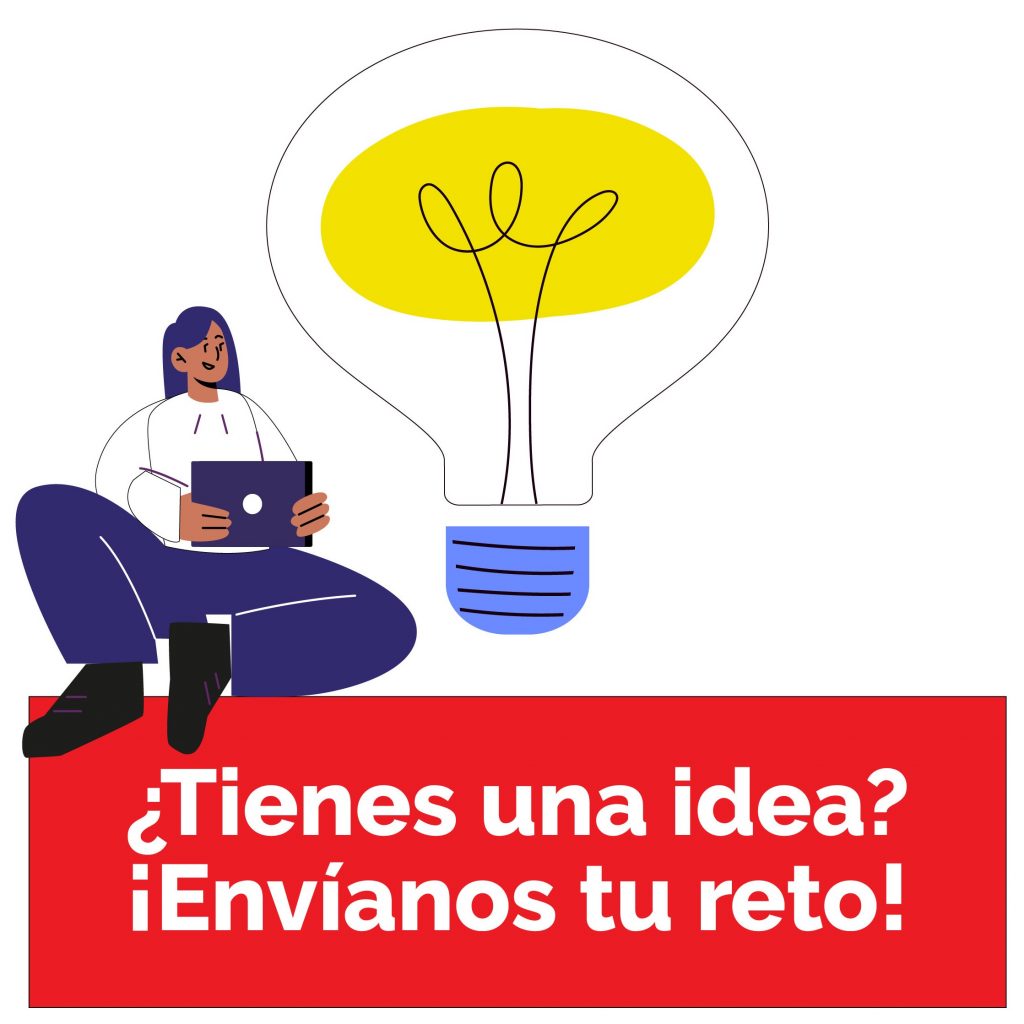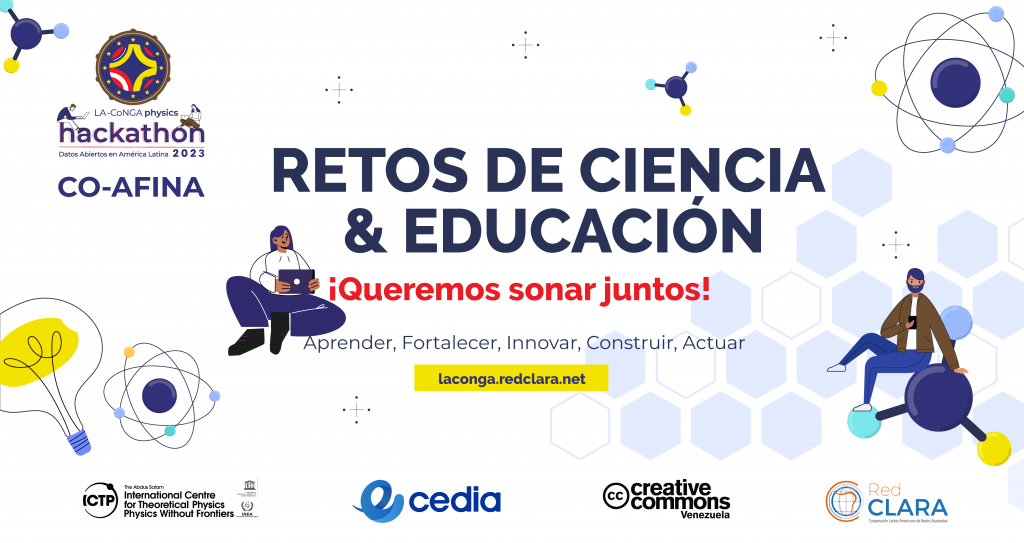LA-CoNGA physics announces the second edition of the Latin American hackathon to solve science, citizenship and education challenges, Co-Afina 2023, to be held in the third week of October. The working dynamics of Co-Afina is focused on collaborative work to solve challenges in record time, applying scientific and technical knowledge among university students from different disciplines and levels, making use of open data. The evaluation criteria focus on the way the problem is approached, creativity, usability of the tool and the way the idea is communicated.
“We hope to expand the experience generated in 2022 when one hundred university students from Latin America were invited to respond in a weekend to seven challenges defined by companies and research groups from different countries around open data. The Co-Afina hackathon is an experience of co-creation in community and we want to replicate this space year after year,” said Reina Camacho, member of the Co-Afina organising committee. Participation will continue to be remote and one thousand dollars will be distributed among the winning groups.
In addition to the co-organising alliance with Creative Commons Venezuela, RedClara and the Academic Network of Ecuador (CEDIA), this new experience is funded by ICTP and its Physics Without Frontiers (PWF) programme. PWF has for many years supported the training of more than 1000 students in more than 30 countries around the world. PWF and LA-CoNGA physics share scientific capacity building efforts in collaborative environments with and for local communities.
In this edition also continues the support plan to encourage the participation of those who do not have all the conditions (family, connection), focusing on ways to create a level playing field, so students can apply to the modalities of financial support for this purpose.
Challenges sought
In a first stage, Co-Afina 2023 calls for private, official and non-governmental organisations with ideas of problems to be solved using open data, from an interdisciplinary perspective. The main themes focus on Open Science, Citizen Science, Educational Initiatives, Shared Infrastructure, Social Impact of Science. This year,” said Alexander Martínez, organiser of Co-Afina, “we thought that problems could be proposed to be solved using artificial intelligence tools, so the panorama of how to address the challenges is widening more and more”. Individuals and organisations interested in submitting ideas and problems for Co-Afina 2023, can review the guidelines and submission forms on the Co-Afina 2023 website: https://laconga.redclara.net/hackathon/

Last year’s edition of Co-Afina featured seven challenges proposed by researchers and entrepreneurs from Venezuela, Colombia and Ecuador. The problems presented focused on the search for automated solutions for pedagogical purposes, ideas to optimise decisions with environmental data, routes to improve public opinion on Twitter and ideas to broaden approaches in particle physics with open data.


Leave a Reply